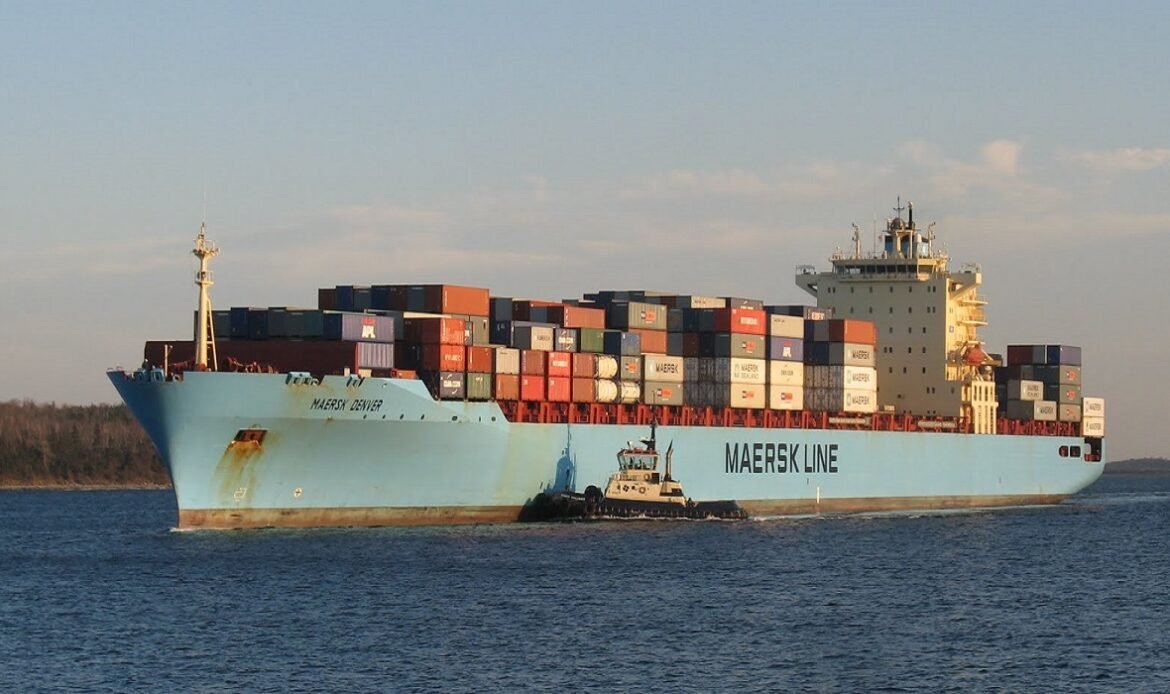Morocco Welcomes U.S. Ship Carrying Arms to Israeli Military After Spanish Refusal
In a recent development on the Mediterranean coast, the Moroccan government has agreed to host a U.S. ship that Spain had previously barred from its ports. According to online documentation, Spain rejected the docking of the “Maersk Denver,” which was carrying weapons and ammunition intended for the “Israeli military,” citing concerns over arming “Israel.”
According to sources from the Spanish Foreign Ministry, the ship arrived at the port of Tangier, where it remains docked, as per the real-time tracking site vesselfinder.
The global Boycott, Divestment, Sanctions (BDS) movement has issued an urgent call to the Moroccan authorities to prevent the ship from docking, pointing to suspicions that it carries weapons supporting the Israeli genocide in Gaza.
In its statement, the movement said:
“The ship is part of the Maersk fleet, and it is reasonably suspected to carry an illegal American military cargo destined for ‘Israel’.”
The movement urged lawyers and civil society organizations to pressure the Moroccan authorities to adhere to international law.
Moreover, the BDS movement warned that allowing the ship to dock could constitute a violation of
the Genocide Convention and rulings by the International Court of Justice.
The Moroccan Front for Supporting Palestine and Opposing Normalization, for its part, cautioned
against the folly of permitting the Maersk Denver to dock at Tangier port, asserting that the ship is
loaded with weapons shipments to the Zionist entity, originating from the United States.
The National Secretariat of the Front called on Moroccan authorities not to allow the ship to dock
in the country’s ports, warning that doing so would encourage further occupation activities.
This situation underscores the complex geopolitical dynamics in the region, where actions in one
country can significantly impact international relations and domestic public opinion. The
decision by Morocco to allow the ship to dock might strain its diplomatic relations with other Arab
and Muslim countries while highlighting the ongoing debate about international arms trade and its implications in conflict zones.




